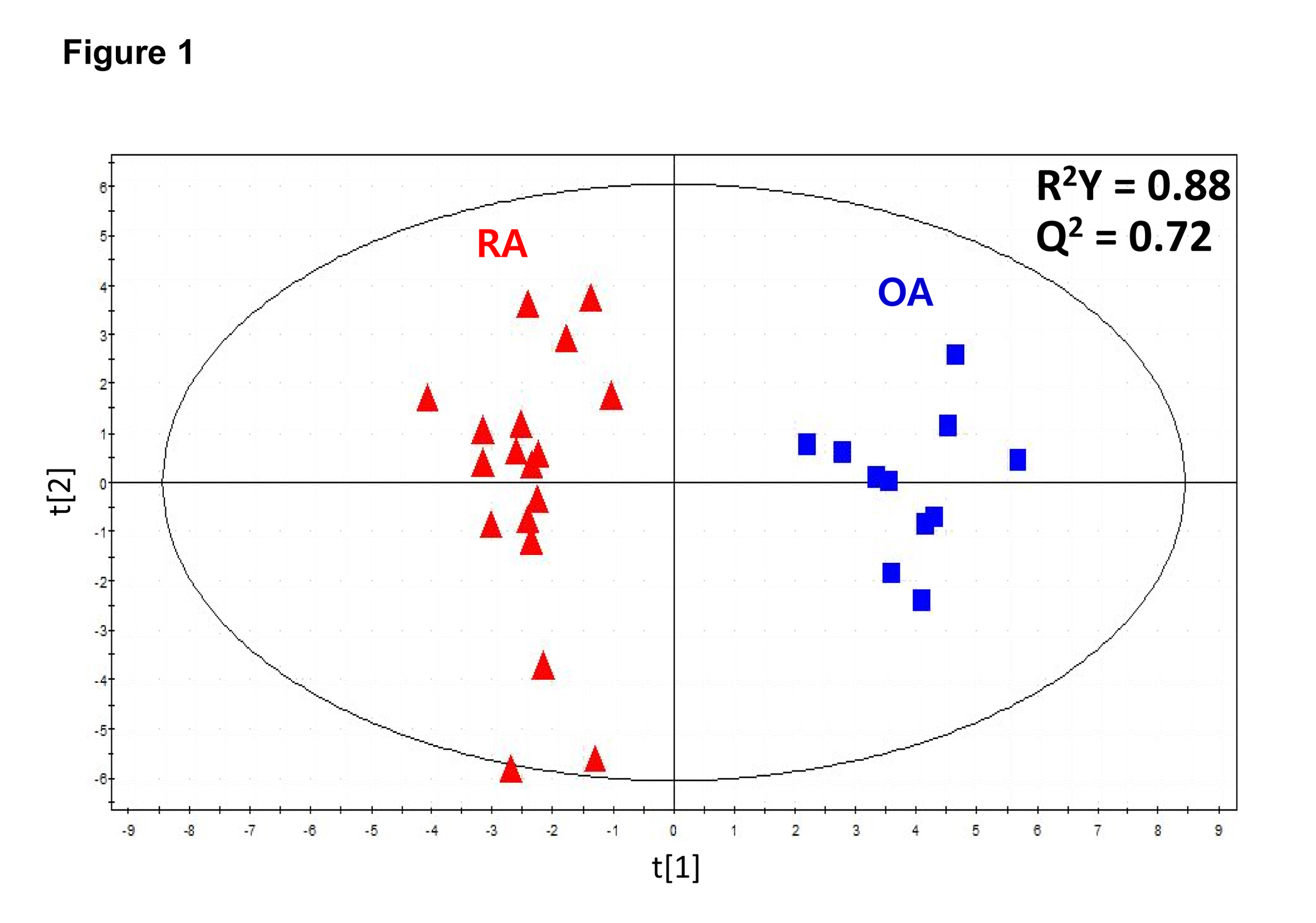Session Information
Session Type: Abstract Submissions (ACR)

Disclosure:
J. Hwang,
None;
J. K. Ahn,
None;
J. Lee,
None;
I. Kim,
None;
S. Lee,
None;
C. H. Jeon,
None;
E. M. Koh,
None;
H. S. Cha,
None.
« Back to 2013 ACR/ARHP Annual Meeting
ACR Meeting Abstracts - https://acrabstracts.org/abstract/discriminative-metabolite-profiling-of-synovial-fluid-in-rheumatoid-arthritis-compared-to-osteoarthritis/
